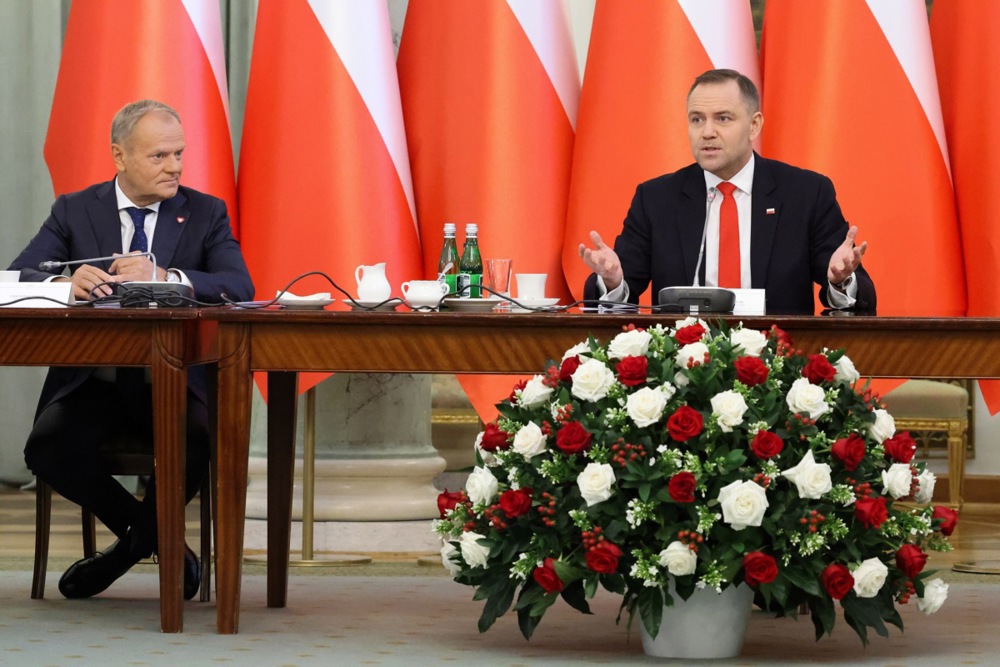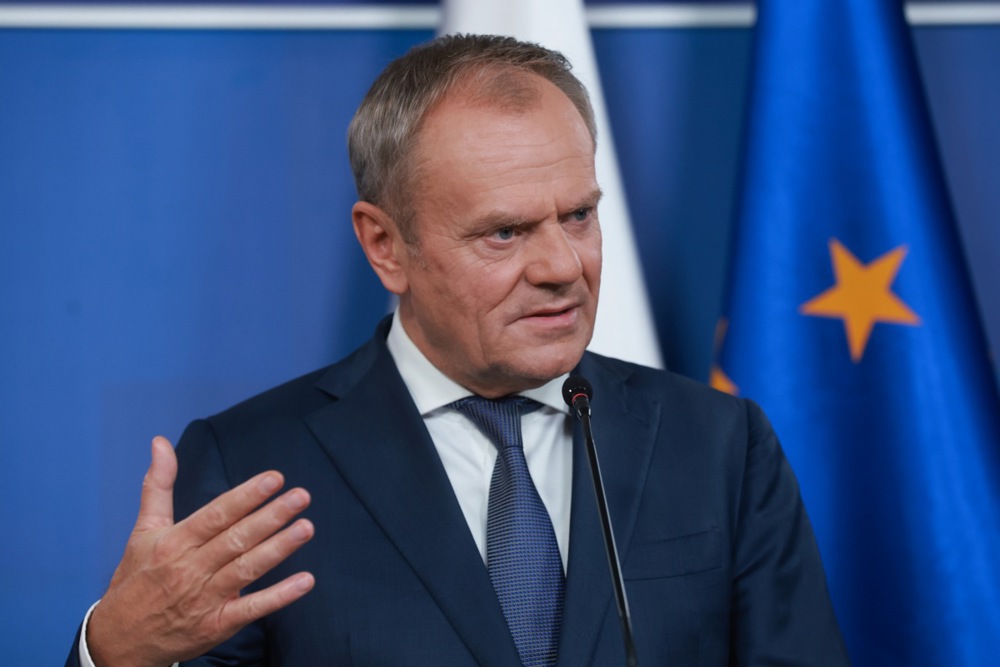Polish President Karol Nawrocki said the European Union was “not a union of our dreams” because it was becoming over-centralised.
Speaking at Prague’s Charles University yesterday, he called for reforms that would give member states greater powers, as well as the removal of the post of President of the European Council.
Nawrocki criticised the way the European Union was developing. “The EU is our natural political environment. But I must say that it is not the union of our dreams,” he said.
According to him, on joining the community Poland expected economic opportunities and freedom of movement, not what he claimed was interference in its political system, judiciary or legislation on family life.
He also criticised the EU’s Green Deal, claiming it was harming the economy and agriculture.
Nawrocki emphasised that he was not opposed to the EU but was advocating adherence to the principles laid down in the bloc’s treaties. He said he felt those were being violated with increasing centralisation and what he called “ideological madness” of those pursuing cultural and environmental revolutions.
The President said he was concerned that such increased centralisation would damage democracy and lead to the EU becoming dominated by two big countries, Germany and France.
“There are forces who want to use federalisation of the EU as camouflage for making it more centralised,” he said.
Nawrocki presented a different, “Polish vision of the EU”, which entailed “maintaining the requirement of having consensus” and each member state nominating one commissioner.
He advocated a return to the previous practice of the European Council being run by the country that held the rotating presidency of the EU at any given time. That would entail the removal of the post of President of the European Council that was adopted by the Lisbon Treaty.
“The European Council should be led by a president, prime minister or chancellor of a country, in other words a politician with a democratic mandate rather than an official or bureaucrat dependent on the support of the major EU states,” said Nawrocki.
The Polish opposition Conservatives (PiS)-aligned President added that anyone appointed to an EU post should have the backing of their domestic government. That practice was not maintained when Tusk was elected as President of the European Council for a second term, despite opposition from the-then PiS government.
The post was created by the Lisbon Treaty, with the individual being appointed for a maximum of two terms of 30 months by the member states.
Nawrocki warned against any ambitions for the EU to compete with NATO on defence and security, thereby criticising plans to centralise arms programmes he regarded as favouring German and French industry and disregarding the needs of central and eastern Europe countries.
The President concluded by calling for the reversal of what he said was EU institutions sucking in powers from member states and leaving the EU to concentrate on wider economic matters.
“There is a need to give up the excessive ambitions of regulating the life of member states and their citizens and shaping public policy in all areas as such centralisation leads to the will of the people being ignored,” said Nawrocki.





